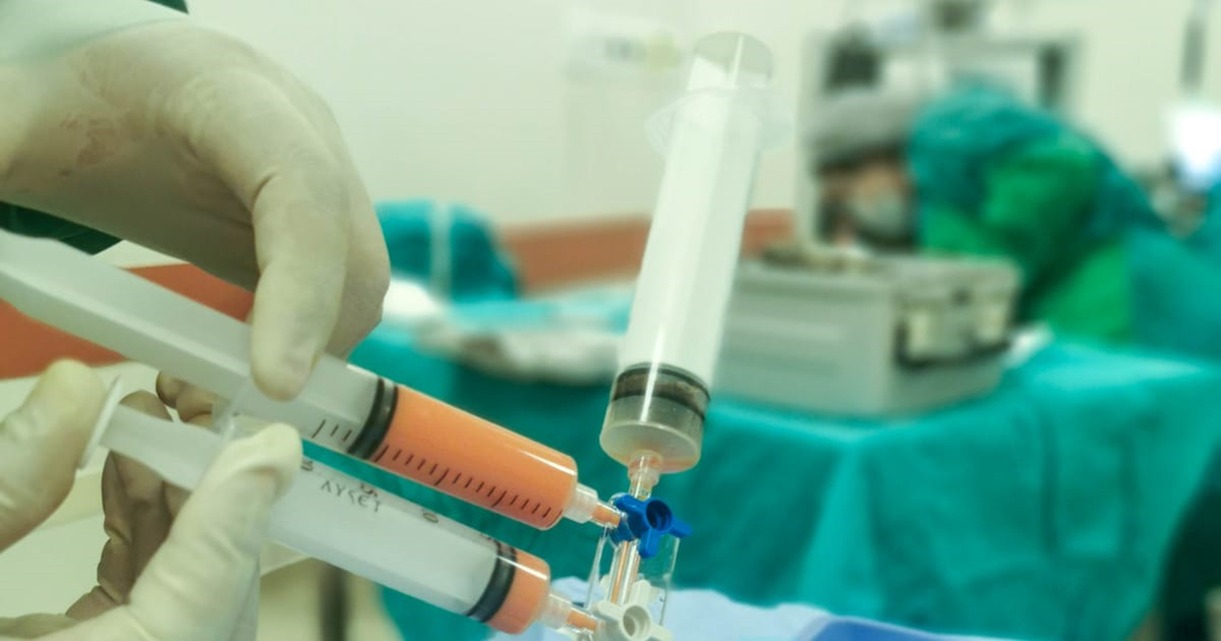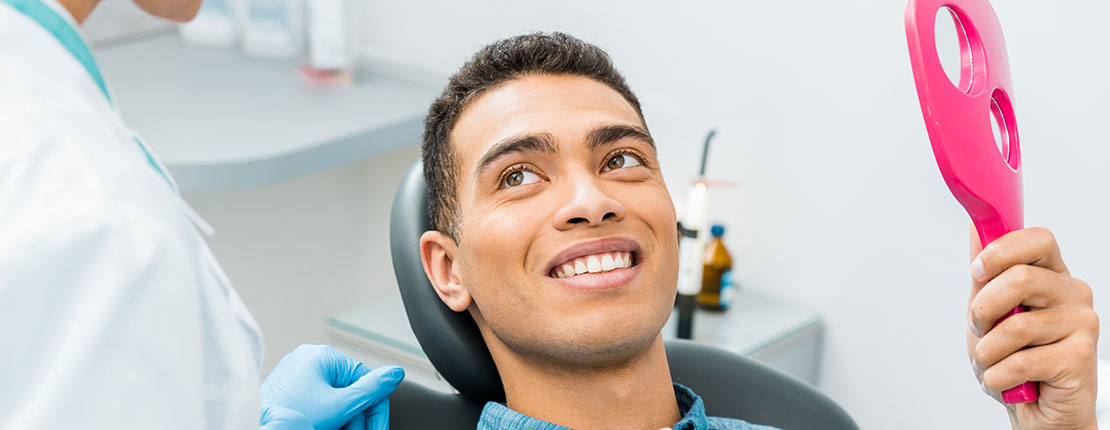In recent years, the world of plastic surgery has witnessed remarkable advancements, thanks to the integration of artificial intelligence (AI) in various medical procedures. Among these groundbreaking innovations, one name stands out: Divino Plastic Surgery. This cutting-edge approach combines the precision of AI with the artistry of plastic surgery to deliver results that were once deemed impossible. However, beneath the allure of perfection, safety concerns in Divino Plastic Surgery have emerged as a life-and-death issue, especially in the context of Divino plastic surgery death incidents.
The Rise of Divino Plastic Surgery
Divino Plastic Surgery has gained immense popularity due to its ability to deliver unparalleled results. By utilizing AI algorithms, Divino Plastic Surgery can analyze a patient’s facial features, body proportions, and even psychological factors to recommend and perform the most suitable cosmetic procedures. It promises outcomes that are not only aesthetically pleasing but also harmonious with the individual’s unique attributes.
However, the rapid ascent of this revolutionary technique has not been without its share of controversies and safety concerns, with Divino plastic surgery death cases emerging as the most alarming issue.
Safety Concerns: Divino Plastic Surgery Death
Divino plastic surgery death incidents have cast a shadow over the otherwise promising future of this technology. These cases typically involve patients who have undergone Divino Plastic Surgery procedures and have subsequently experienced severe complications or even fatal outcomes. While such cases are relatively rare, they raise crucial questions about the safety and ethics of AI-driven cosmetic surgery.
- Lack of Human Oversight: One of the primary concerns in Divino Plastic Surgery is the level of human oversight involved in the process. Although AI can perform complex analyses and simulations, it lacks the ability to adapt to unforeseen circumstances or emotional nuances. Without adequate human supervision, the AI algorithms might not consider factors crucial to a patient’s well-being, leading to disastrous outcomes.
- Ethical Considerations: The use of AI in plastic surgery raises ethical concerns, especially regarding consent and autonomy. Patients might feel pressured to conform to AI-generated recommendations, potentially disregarding their own desires and preferences. In some cases, this could result in regrettable decisions that lead to physical or psychological harm.
- Algorithm Bias: AI algorithms are only as good as the data they are trained on. If the training data used to develop Divino Plastic Surgery algorithms are biased, it could perpetuate existing beauty standards and exclude diversity in beauty. This not only undermines the principles of inclusivity but also poses a risk to patients who might undergo surgeries to conform to these biased standards.
- Limited Understanding of Long-Term Effects: The long-term effects of Divino Plastic Surgery procedures remain largely unknown. While AI can predict immediate outcomes based on historical data, it cannot account for how these changes may impact a person’s physical and mental health over time. The lack of long-term studies raises concerns about potential health risks and complications that may emerge years after the surgery.
- Regulatory Gaps: The rapid development of Divino Plastic Surgery has outpaced regulatory bodies’ ability to establish clear guidelines and standards. This regulatory vacuum can lead to inconsistent practices and varying levels of safety across different providers, putting patients at risk.
Addressing the Safety Concerns
While safety concerns surrounding Divino Plastic Surgery are valid, they do not necessarily condemn the technology. Instead, they emphasize the need for responsible development, rigorous oversight, and ethical considerations in the field.
- Enhanced Human-AI Collaboration: To mitigate risks, plastic surgeons should work closely with AI systems, providing a human touch and critical decision-making at crucial junctures during the surgery. This collaboration can ensure that AI-driven recommendations align with the patient’s preferences and well-being.
- Informed Consent: Ensuring that patients are fully informed about the capabilities, limitations, and potential risks of Divino Plastic Surgery is paramount. Clear and comprehensive informed consent procedures should be implemented to protect patients’ autonomy and reduce the likelihood of regret.
- Bias Mitigation: Developers must actively address bias in AI algorithms used for Divino Plastic Surgery. Diverse and representative training datasets, continuous monitoring, and algorithmic transparency are essential steps in promoting fairness and inclusivity.
- Long-Term Studies: The scientific community should prioritize conducting long-term studies on the effects of Divino Plastic Surgery procedures. This will enable a better understanding of potential health risks and help refine surgical techniques for improved safety.
- Regulatory Framework: Governments and regulatory bodies should expedite the development of clear guidelines and standards for AI-driven plastic surgery. This will ensure that providers adhere to safety protocols and ethical standards while offering these services.
Conclusion
Divino Plastic Surgery, driven by AI, holds immense potential to transform the field of cosmetic surgery by providing patients with tailored and harmonious outcomes. However, safety concerns, particularly those related to Divino plastic surgery death incidents, emphasize the need for caution and responsible development. Collaboration between AI and human surgeons, ethical considerations, bias mitigation, long-term studies, and regulatory oversight are essential steps in addressing these concerns and ensuring that Divino Plastic Surgery lives up to its promise of enhancing lives without compromising safety and well-being. Ultimately, the responsible integration of AI in plastic surgery can pave the way for a future where beauty and safety coexist harmoniously.








